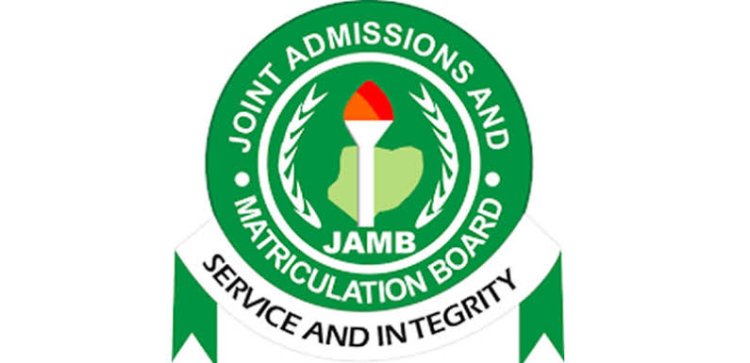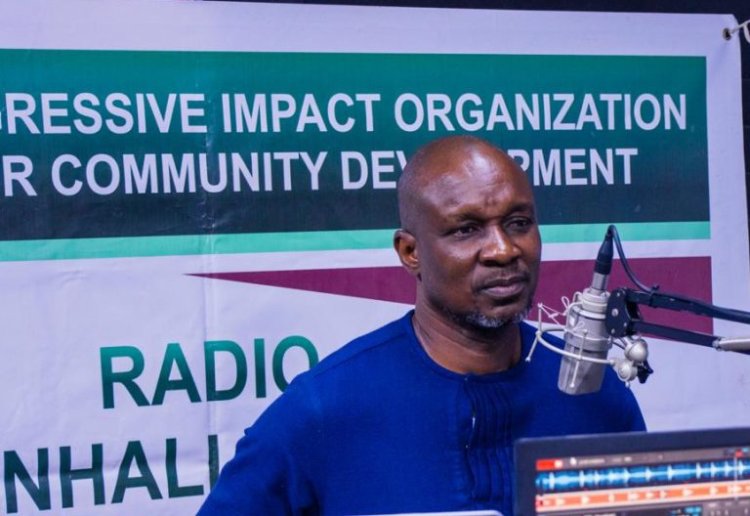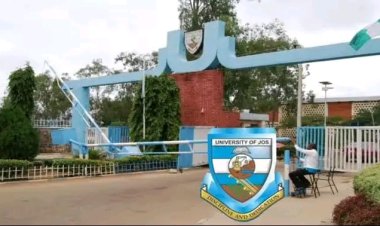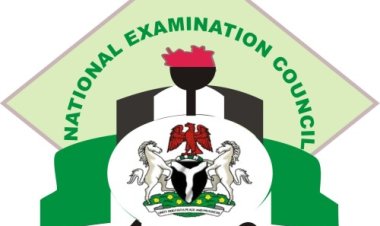JAMB Registrar and Stakeholders Cite Funding and Infrastructure Gaps as Major Causes of Poor Education Quality in Nigeria
JAMB Registrar Professor Ishaq Oloyede and other education stakeholders have identified funding and infrastructural issues as key contributors to Nigeria's declining education standards, calling for improved regulatory enforcement and curriculum updates.

During a radio town hall meeting organized by the Progressive Impact Organization for Community Development (PRIMORG) in Abuja, Professor Ishaq Oloyede, Registrar of the Joint Admission and Matriculation Board (JAMB), and other education stakeholders highlighted funding and infrastructure deficiencies as key factors contributing to Nigeria’s declining education standards.

Represented by Dr. Fabian Benjamin, JAMB's Public Relations Officer, Oloyede discussed how inadequate funding, a shortage of teachers, and poor infrastructure are impacting educational quality. He urged both federal and state governments to demonstrate political will in enforcing educational regulations and adhering to the Universal Basic Education Act to improve the school system.
Benjamin downplayed concerns over the 2024 Unified Tertiary Matriculation Examination (UTME) results, which saw 77% of candidates score below 200 out of 400, stating that the exam does not fully reflect students' abilities and is a preliminary step for university admission.
Abdullahi Sale from the Civil Society Action Coalition On Education For All (CSACEFA) echoed concerns about the neglect of education, emphasizing the need for increased focus on primary and secondary schools, better utilization of UBEC education grants, and stricter measures against exam malpractice.
Educationist Rita Halima Ibrahim also weighed in, calling for an overhaul of the curriculum to align with international standards and urging parents to take an active role in their children’s education. She stressed the need for systemic improvements to address the stagnation and poor teaching practices affecting Nigerian schools.

 Lois Udoye
Lois Udoye 



